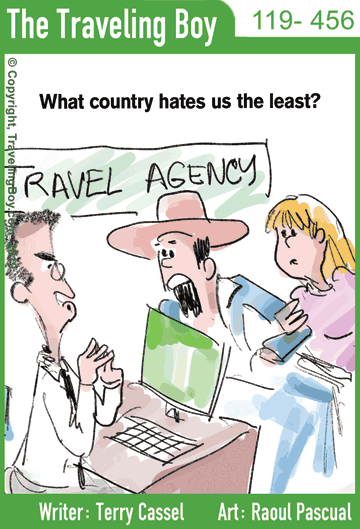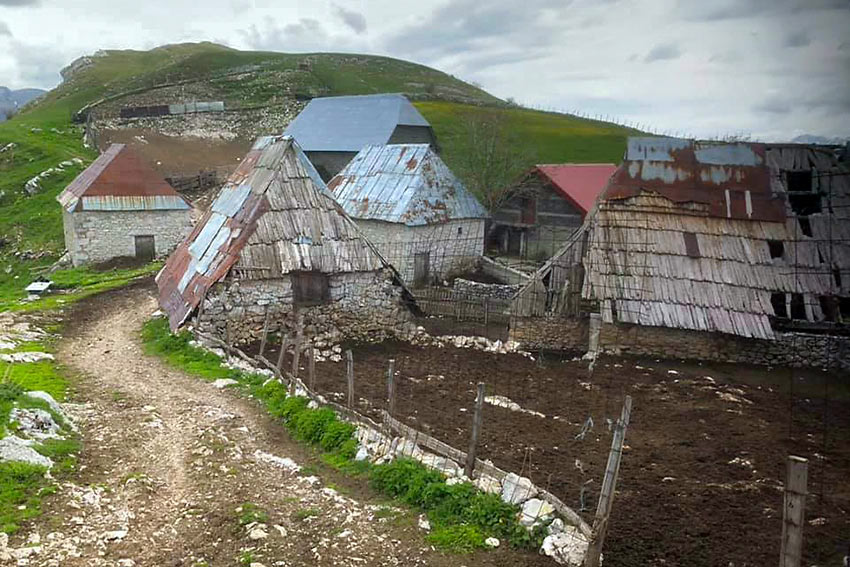
Driving through the mountains of Bosnia, it’s easy to become enchanted by the verdant beauty of this little visited Balkan country. It’s also easy to forget it’s one of Europe’s poorest countries, and that through the 1990’s, it was torn by the worst ethnic warfare Europe has seen since the Second World War. While the scars of war still remain in many places, Bosnia is quick to turn its sunny side to you, reminding us that it hosted the Winter Olympics in 1984, and that it’s eager to welcome tourists to its little visited sites. Its recent sad history did nothing to dampen its legendary Balkan hospitality.
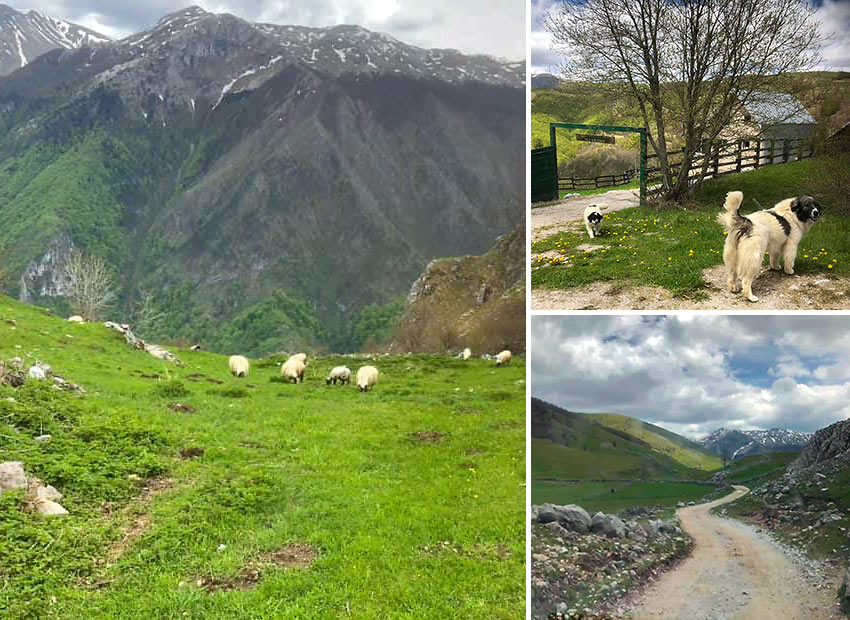
In just a few minutes of leaving its historic capital city of Sarajevo, you are in the Dinaric Alps, climbing to high alpine elevations as pretty as any I’ve seen elsewhere in Europe or North America. If you keep on driving an hour, you pass the ski resorts which once hosted the Olympics. And from there, a poorly marked sign directs you to the almost hidden village of Lukomir.
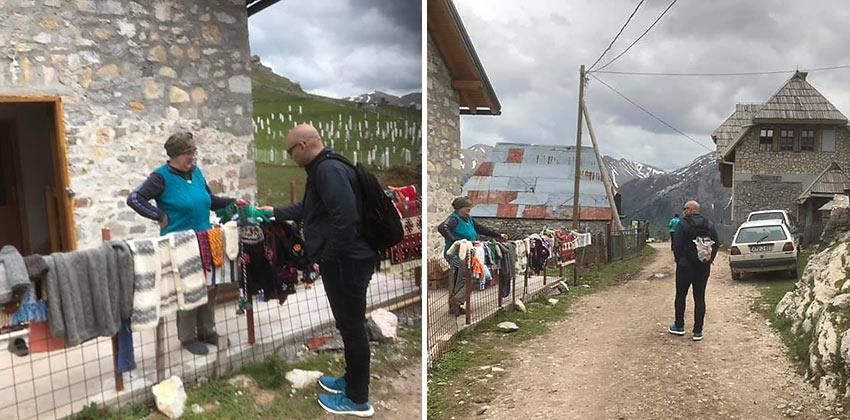
Lukomir is the highest, and perhaps the most remote village in an already remote and little visited country. While it takes an hour to navigate the rutted and rocky dirt road to it, the journey is as great as the destination. I remember the rocky screes upon which local shepherds were tending their flocks of sheep, herded by the sturdy Bosnian shepherd dogs. Although it was late May, there were still patches of snow but the land itself was alive with fresh grass and wild flowers for the sheep to eat, the land cut by gushing torrents of melting snow.
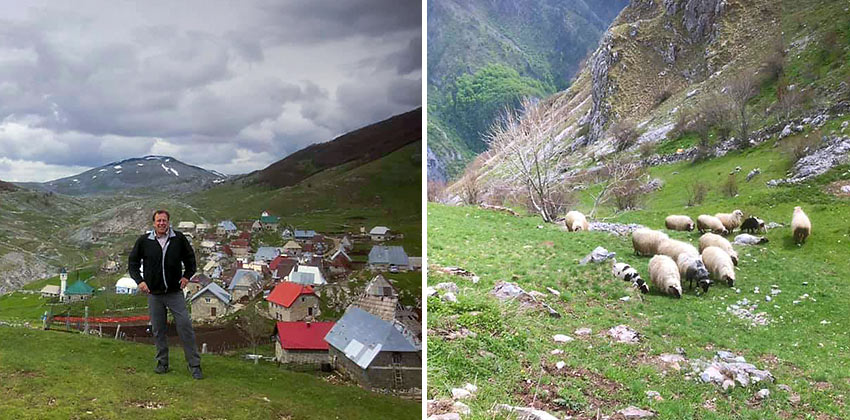
At the end of the road lay the village. While it’s setting midst the mountains and at the end of a precipice is breathtaking, the village itself is prettiest when viewed from a distance. Up close, it’s a rough collection of stone houses set around a muddy unpaved street.
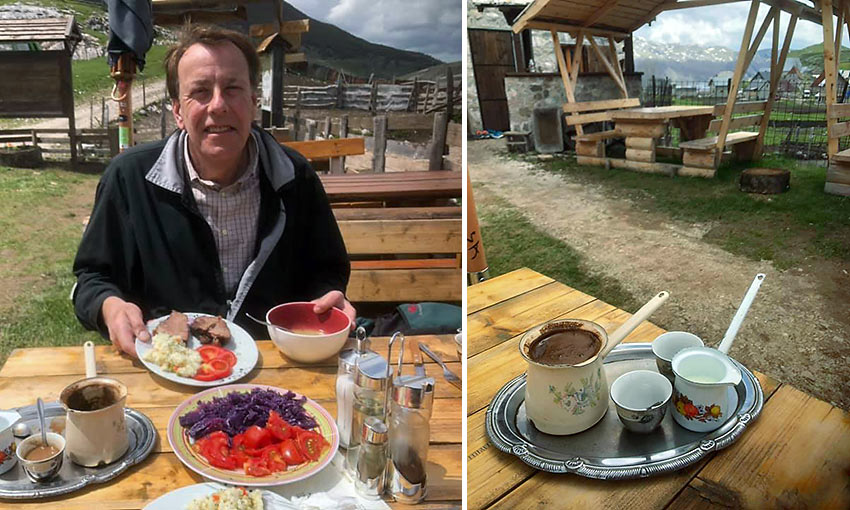
About 100 souls brave the hard life here, so hard that most of them return to the lowlands during the roughest winter months. But the village was alive when we arrived. A trickle of tourists were already there, and the villagers were making a real effort to supplement their meager income of shepherding and growing root vegetables and barley by catering to this small tourist trade. Two of the houses had small informal restaurants where the local women served hearty helpings of their local lamb (grilled and stewed) accompanied with their local homemade bread. Of course we partook on such a meal which we ate outdoors in the mountain air. A few other villages had their hand spun and knitted woolens for sale. Such warm socks and mittens would make welcome gifts, and we were happy to support the local economy by purchasing some. You might think that intruding on such an isolated village perched at 1,500 meters (4,900 feet) might be awkward, but we were greeted by the Bosnian hospitality we had found throughout the country.
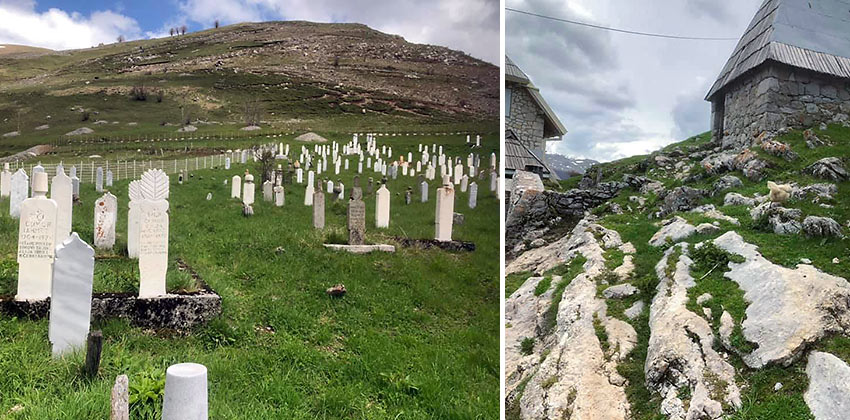
These people have lived here for centuries. It’s a hard life, but they say it’s a good life. This part of Bosnia no one wanted, and they escaped the war which ravaged the Bosniak people throughout the rest of the country in the 90’s. At least here, out in the middle of nowhere, there was safety. Centuries ago, these fair skinned Slavs converted to the faith of Islam, and this faith permeates the community. The Islamic cemetery on one end of town and the tiny mosque on the other were the tidiest corners of the otherwise rather untidy village. At least for me, I wasn’t used to thinking of Islam in such an alpine setting, especially in the heart of Europe. Bosnian Islam tends to be of a very moderate kind. Though it was Ramadan, there was no issue selling food (or even alcohol) to us during mid-day. We were guests, and we were welcomed. Lukomir was worth the journey.
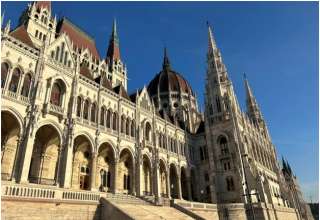
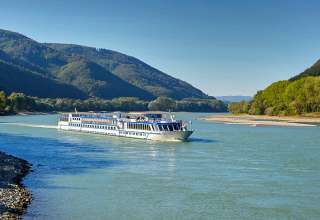
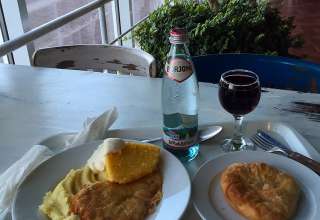
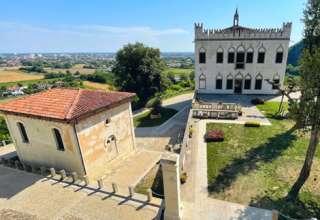
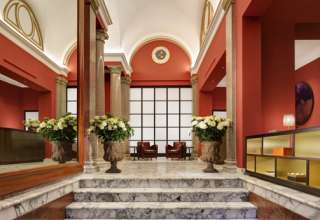
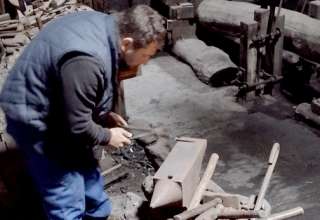
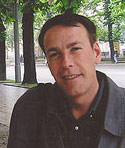 Dreaming about the boulevards of Provance and street cafes of Paris, then 17 year old James set off for a year-long high school exchange with a French family. Though he ended up in a smoky industrial town in Lorraine, it didn’t daunt him on his love for travel. James has since visited 54 countries though he refuses to take Yugoslavia, The Soviet Union and East Germany off his list even though they don’t exist anymore.
Dreaming about the boulevards of Provance and street cafes of Paris, then 17 year old James set off for a year-long high school exchange with a French family. Though he ended up in a smoky industrial town in Lorraine, it didn’t daunt him on his love for travel. James has since visited 54 countries though he refuses to take Yugoslavia, The Soviet Union and East Germany off his list even though they don’t exist anymore.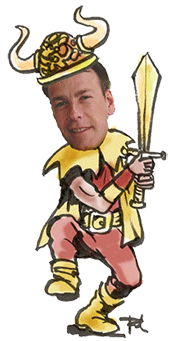 Along the way he discovered Europe’s quintessential cultural event, the Eurovision Song Contest and since 2002 has voyaged to this annual pop music kitsch fest. It’s added a new country to his list every year and so far has taken him to the likes of Riga, Tallinn, Helsinki Athens, Kiev and Istanbul. James is no London-Paris-Rome kind of guy but would much rather find himself amidst the natives of an end-of-the road Dutch village or roaming through the Dakota badlands. Tellingly, his favorite country to visit is Iceland.
Along the way he discovered Europe’s quintessential cultural event, the Eurovision Song Contest and since 2002 has voyaged to this annual pop music kitsch fest. It’s added a new country to his list every year and so far has taken him to the likes of Riga, Tallinn, Helsinki Athens, Kiev and Istanbul. James is no London-Paris-Rome kind of guy but would much rather find himself amidst the natives of an end-of-the road Dutch village or roaming through the Dakota badlands. Tellingly, his favorite country to visit is Iceland.